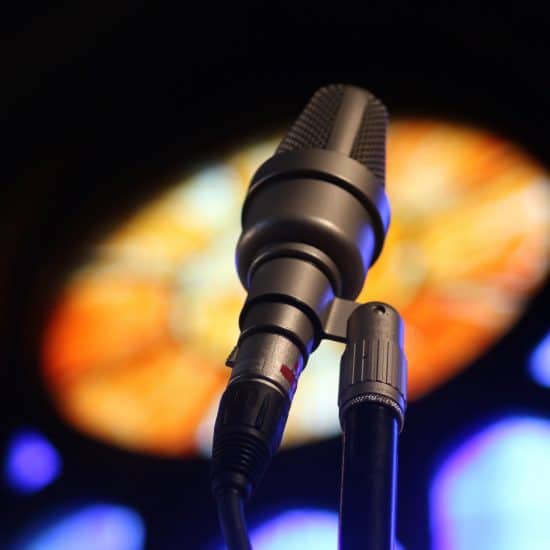While many people on organ transplant waiting lists receive lifesaving or life-enhancing transplants each year, many die awaiting a transplant that tragically never comes. April is National Donate Life Month, a time when this life-critical issue is brought to the forefront each year.

Bill Webb
|
The good news is that since the first organ transplant in 1954 when a twin successfully donated a kidney to his brother, organ transplant technology and expertise has dramatically developed and improved — and so have success rates. These days, transplantable organs include not only kidneys and hearts (the first successfully transplanted in 1967 in South Africa) but livers, intestines, lungs, bones, cartilage, corneas, heart valves, ligaments, skin, veins and others.
As of January, nearly 124,000 men, women and children were awaiting organ transplants in the United States alone. In 2013, 14,257 U.S. organ donors accounted for 28,953 organ transplants. In addition, more than 47,000 corneas were transplanted, and more than 1 million tissue transplants were completed.
When a person dies, her or his organs can enable up to eight people to survive and up to 50 people to experience life-enhancing operations. The potential for good is astounding.
While the pool of suitable organs available for transplant in the United States may not be unlimited, organs are harvested for transplant from the bodies of people who die only when permission is granted for that to happen.
While some organs — like kidneys, lobes of lungs, partial livers and others — can be donated by a living donor, the richest source of transplant organs is from humans of every age — infant to very old — when they die. (By the way, the oldest donor on record to date was a 92-year-old.)
Because almost anyone can become an organ donor at death, almost any person can become a bona fide hero to many people, including grateful loved ones and friends of transplant recipients. Most donors may not feel like heroes in life, but they literally can become heroes in death.
Like most people, I have several individuals I regard as heroes in my life, many spiritual and vocational but others who responded heroically when I faced physical and medical crises.
In the latter category, Dr. C.M. Dixon performed a 50-percent-chance-of-survival operation on me when I was only 6 weeks old; 18-year-old Duane Pigg pulled me from a lake and helped revive me minutes after I had gone under while swimming when I was 13; and my wife Susan discovered me bleeding and unconscious after a bicycle accident three years ago and resuscitated me.
As a result of these efforts, it is no surprise that I count the late Dr. Dixon; Duane Pigg, also deceased; and my wife among my heroes.
I have neither needed nor received a donated organ. But like a lot of people, I have a relative and close friends who have received transplants of one kind or another and received a new lease on life as a result. Individuals and/or their surviving families made conscious decisions to donate. Thus, every organ recipient has at least one hero.
In the case of postmortem organ donations, the deceased has nothing to lose by donating. Nor are there any medical charges for the removal of organs. But recipients have much to gain, even life itself. Thus, organ donation becomes a final heroic act.
Making the commitment to donate organs at death is a relatively simple undertaking.
To secure more information on the subject of transplants and to join an organ donation registry, go online to organdonor.gov. Click on the link that says “Register with your state as an Organ Donor” and enter the requested information on the brief form. In addition, enter your intent on the back of your driver’s license in permanent ink and state those intentions in a living will. Finally, tell your spouse and other family members of your decision so that in the event of your death they understand your wishes.
Or ask your physician to assist you in getting help to add your name to the registry.
When you die, it will help distraught family members if they know of your desire to donate your organs to help others extend their lives with improved health.
This is a life-and-death issue. Make the decision to save lives. Make it today — and make your decision known. God bless you for caring enough to be this kind of hero.
Bill Webb is editor of Word & Way.

